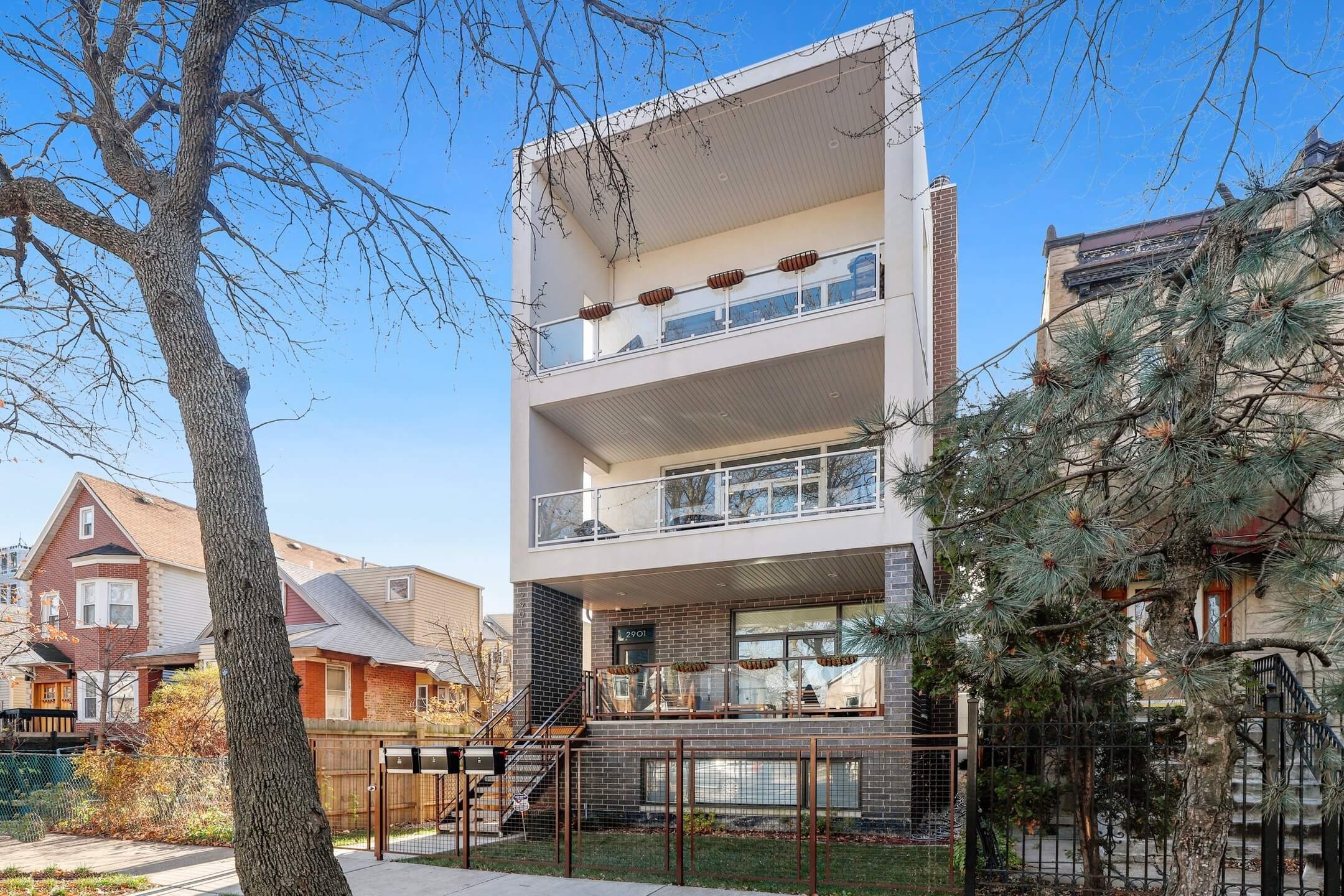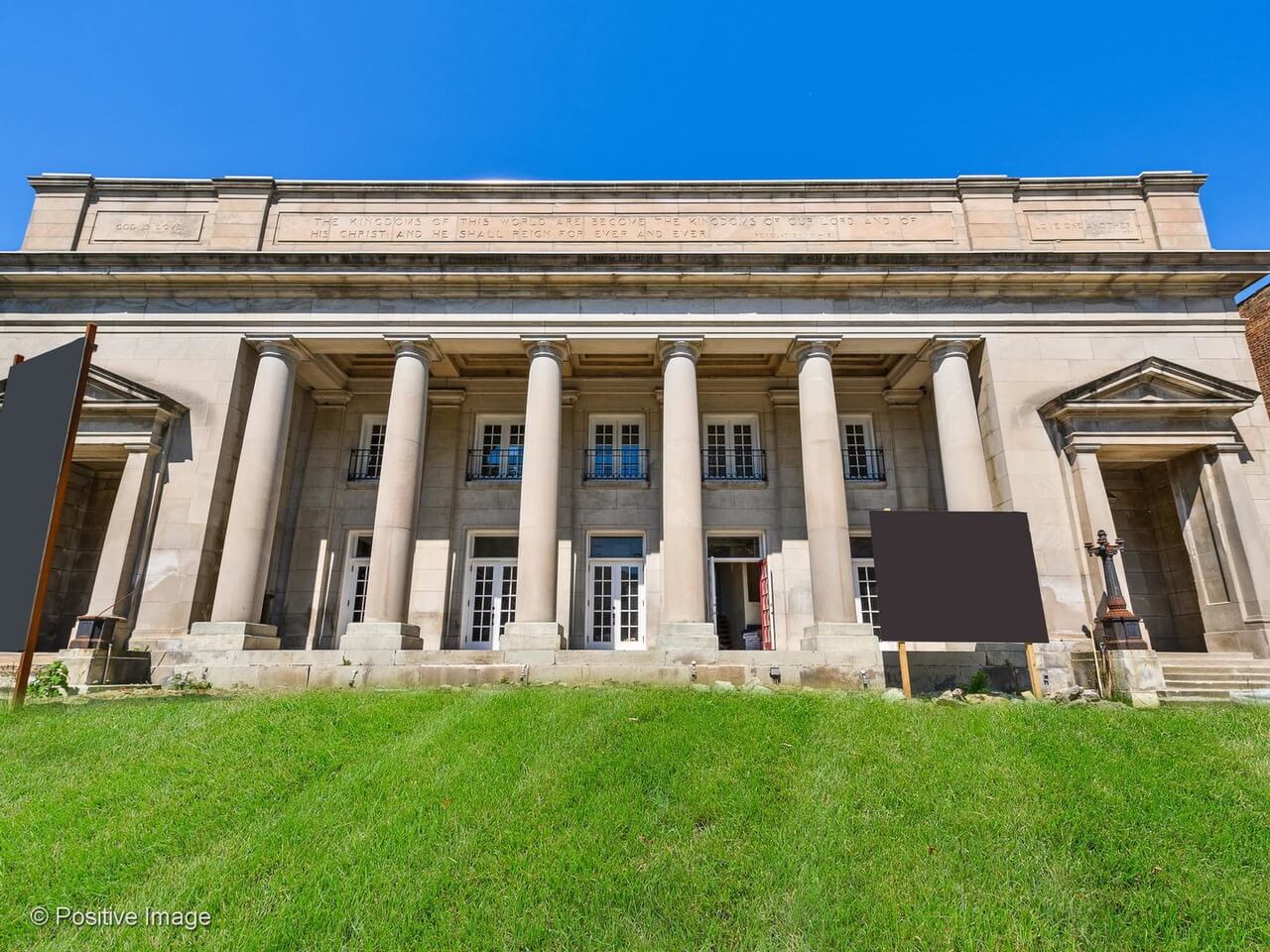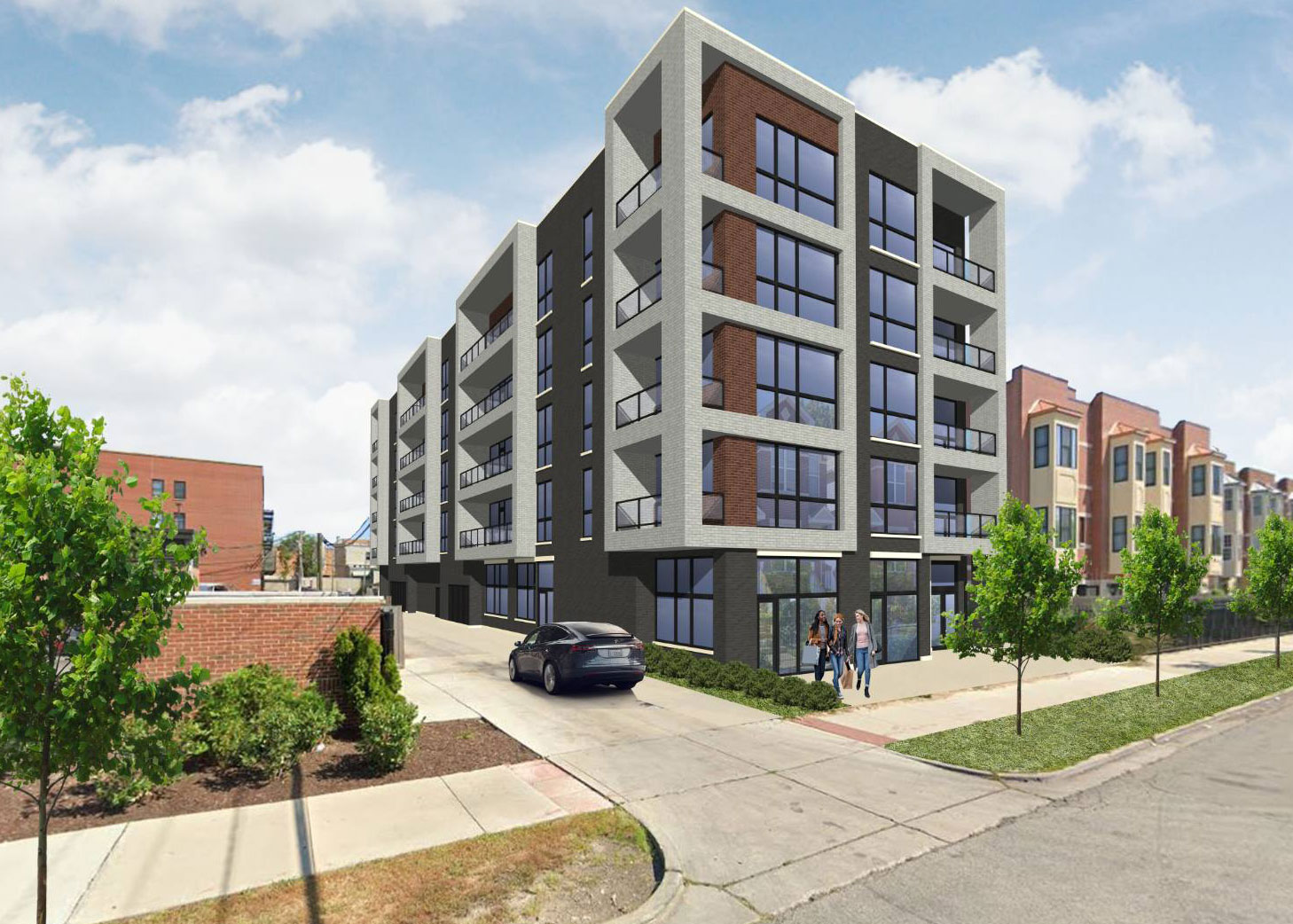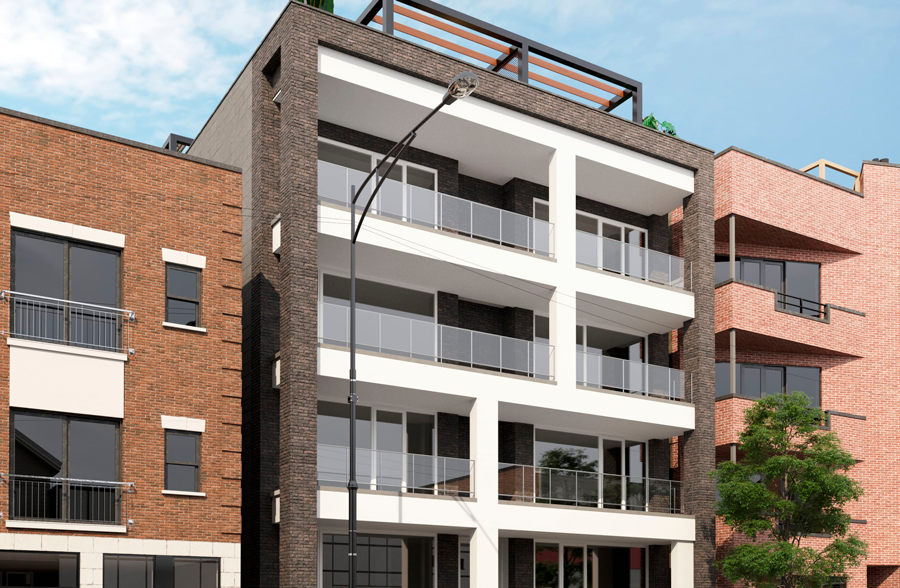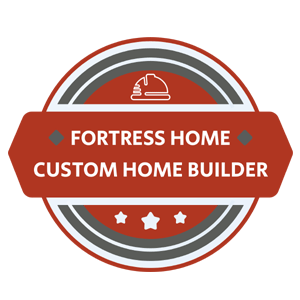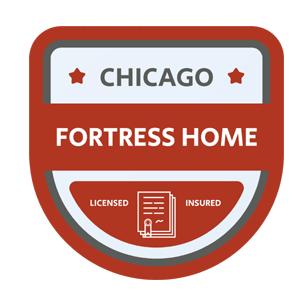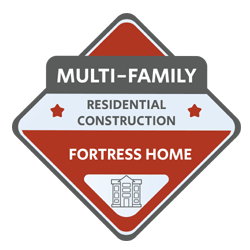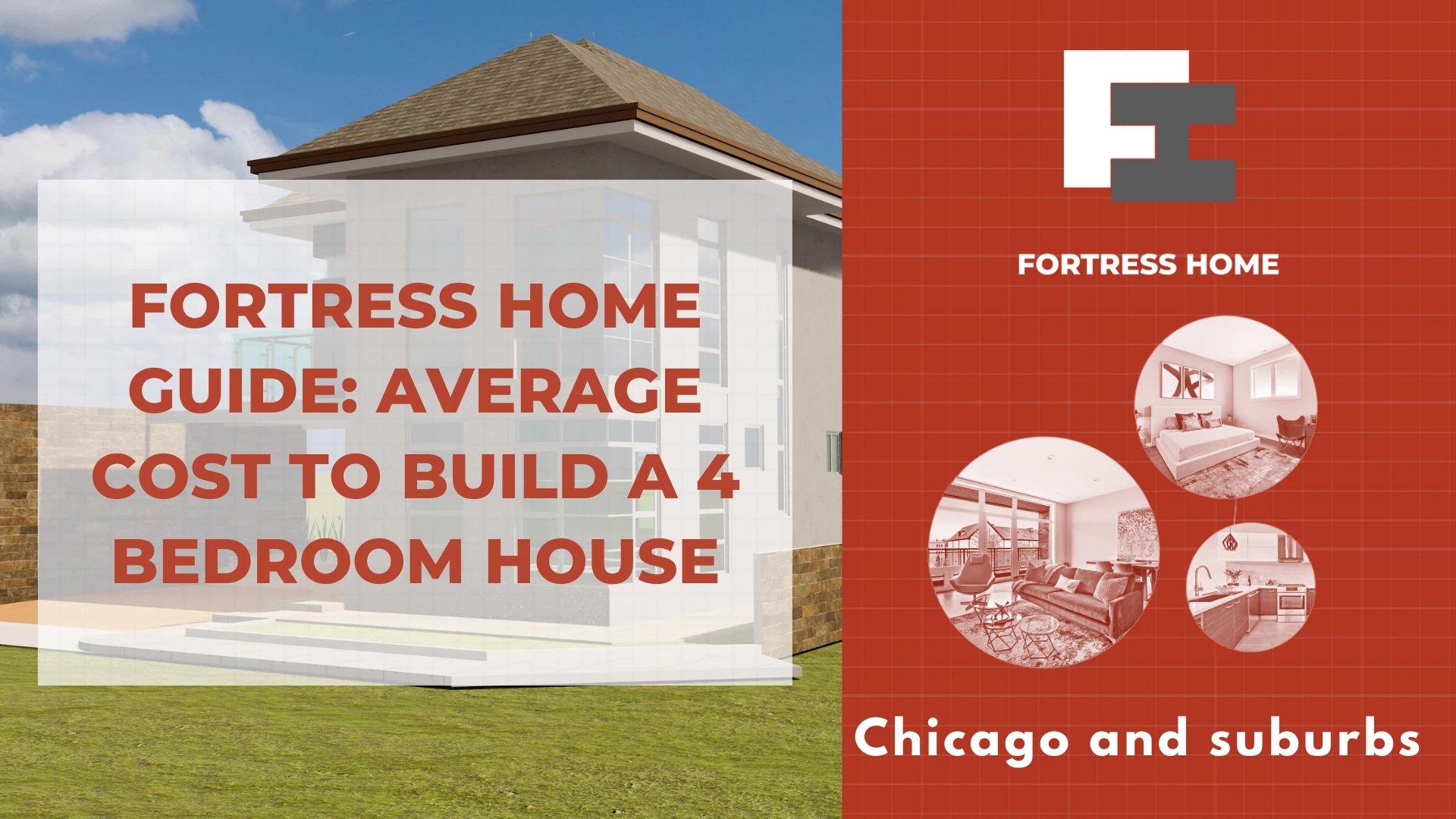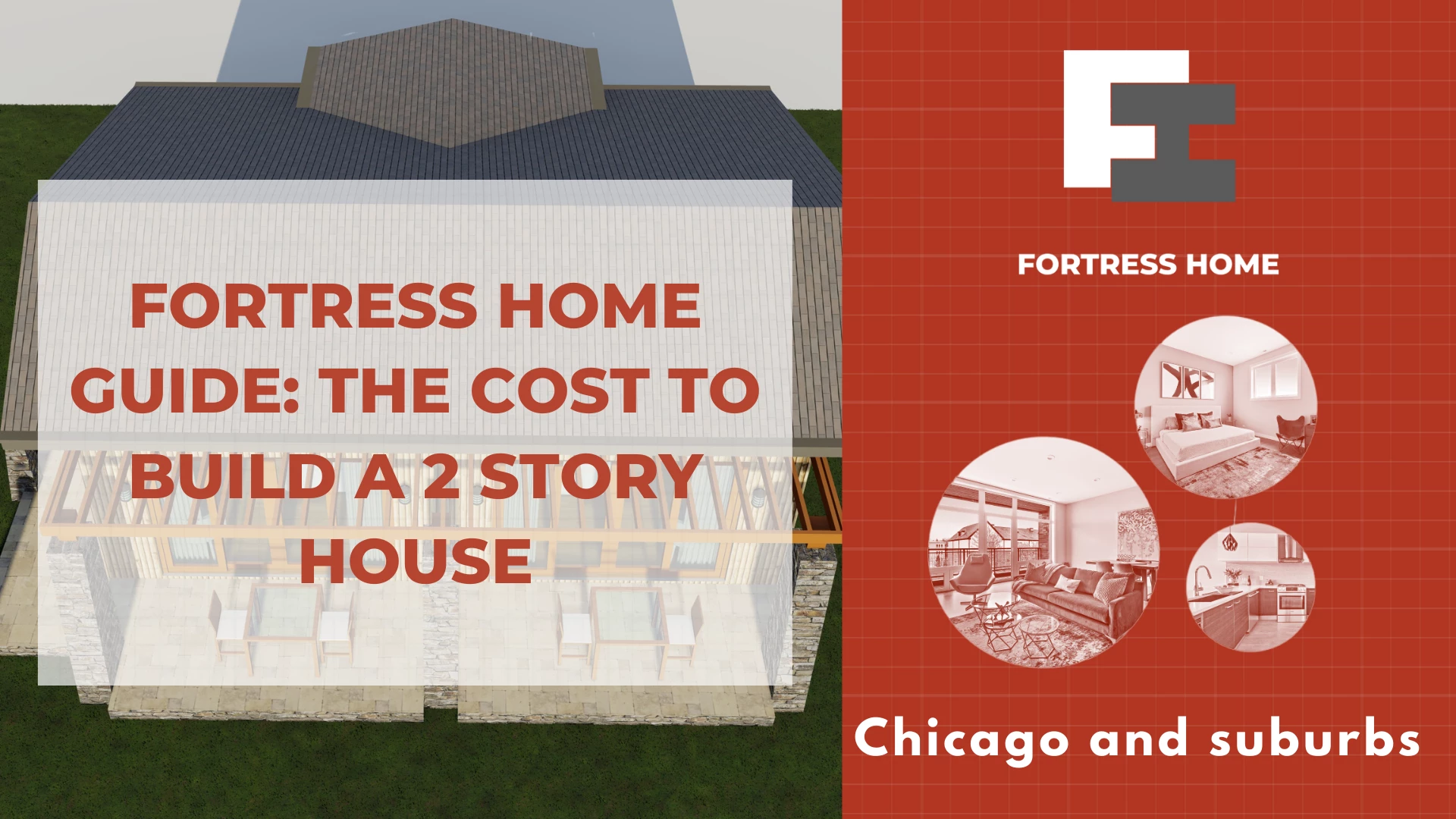Building a House - Everything You've Ever Wanted to Know in 2022
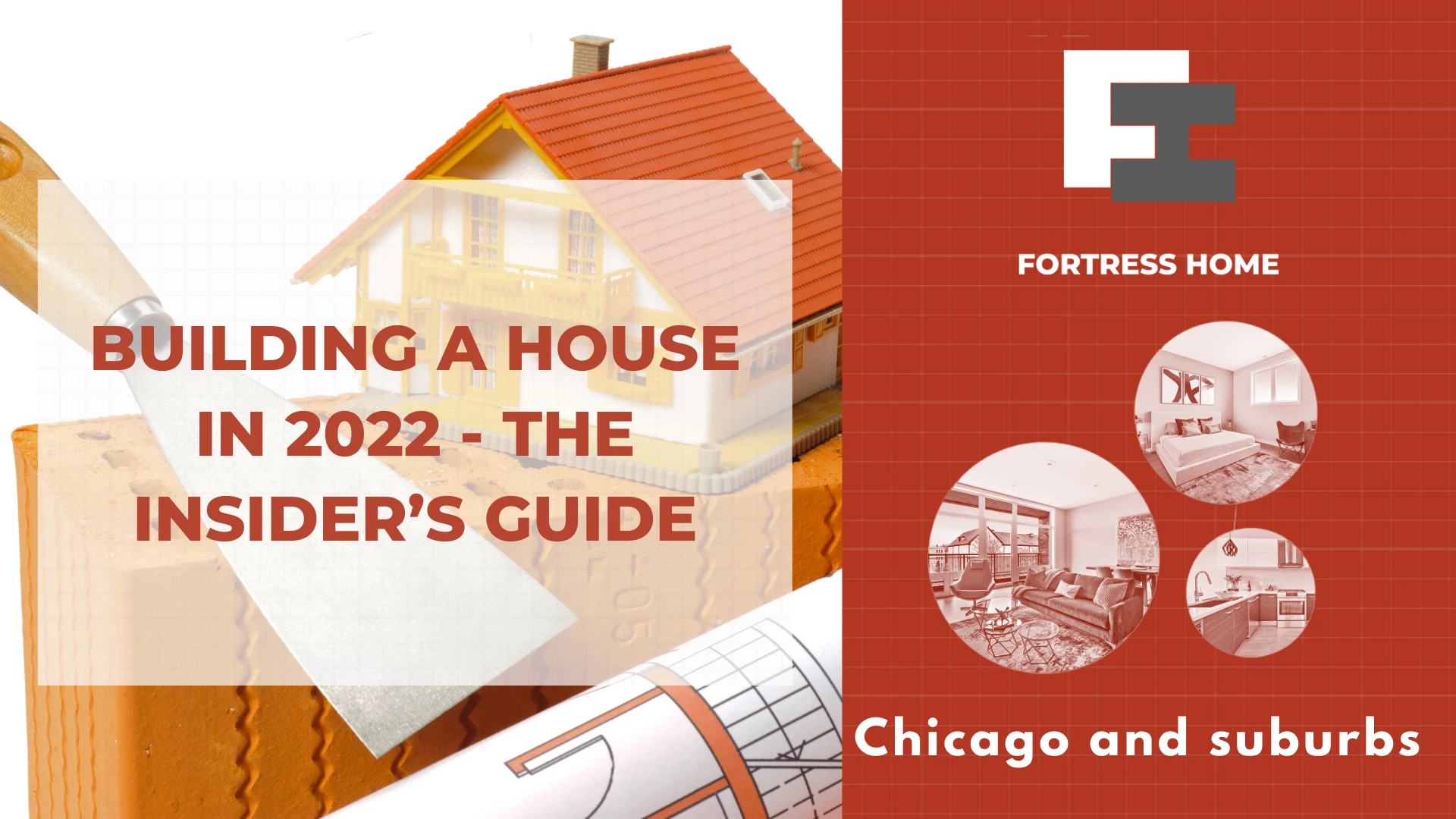
Building a new house is a rewarding process but you should always go into it prepared. Key things to consider include budgeting, knowing where to save and where to spend, planning for the future, and deciding who you’ll work with to build your dream home. Fortress Home has managed hundreds of home building projects for the residents of Chicago over the 20+ years it's been in operation, building not only houses but also a network of contacts, years of experience, and a skilled and dedicated team of laborers and professionals.
Things to consider before building a house
If you've always lived in an existing house the home building process might seem very complex and overwhelming, but building your own house doesn't have to be complicated. We simplify the home building process for you here and explain what to consider before construction starts, and what to expect once the building site is in place.
Budget and financing
When asking yourself 'what to know before building a house?' one of the most vital steps is to work out a clear budget. Ask yourself what you can really afford? Many factors go into the total cost of building a house so it's important to be realistic about what you can spend before you speak to a contractor or builder.
Unless you are very cash rich you're almost certainly going to need a construction loan. In order to get your project financed you'll probably need to work with a respected, licensed general contractor.
Most banks will be very cautious about lending to an owner-builder unless they are very experienced in construction, so working with professionals will enable you to secure a loan more easily.
Carefully choose home builders and contractors
One of the things to consider when building a house is how much to do yourself and how much to leave to the professionals.
While working with a general contractor may seem like a big expense, as they can cost 10 - 20% of the project costs, the reasons for working with one rather than being your own contractor are compelling:
- They are the experts and have years of experience in construction
- They can get wholesale prices on materials so will save you money there
- They know how to build to code and understand the process for obtaining permits so will save you time and stress
- They have a network of experienced and reliable subcontractors and employees ready to go
- They are responsible for overseeing the entire site and managing all the other workers
- You will have a single point of contact for the entire project, removing confusion and worry
As you can see when considering things to know before building a house, hiring a reliable general contractor, like Fortress Home in Chicago, could be the best decision you make.
Choosing a general contractor
As they play such a vital role in the home building process, it's important to choose your contractor wisely. Here are some tips to make sure that happens:
- Research and contact a few contractors in your area
- Compare their quotes but remember, cheapest isn't always best
- Get personal reviews and testimonials from previous clients
- Check their budget and time management reliability
- Meet the contractor in-person to ensure you will work well together
- Check their licensing and bonded status
- View examples of their work in situ
Think about the future
If you don't have children yet, but you plan to in the future, build a home for your future family. Make sure you have enough bedrooms and bathrooms. And always remember to consider storage. Life with kids requires a lot more closets than single or child-free living.
Are you currently working in an office, but have you always dreamt of starting your own business? Then consider adding a home office.
If you're on an upward career path and may need to relocate in a few years' time it's a good idea to speak to local real estate agents about resale value, what sells well in your neighborhood, and what amenities are most popular.
Know where to cut costs
If you're asking yourself what to consider when building a house, ways of saving money may well be at the forefront of your mind. But there are some areas where you shouldn't cut costs.
